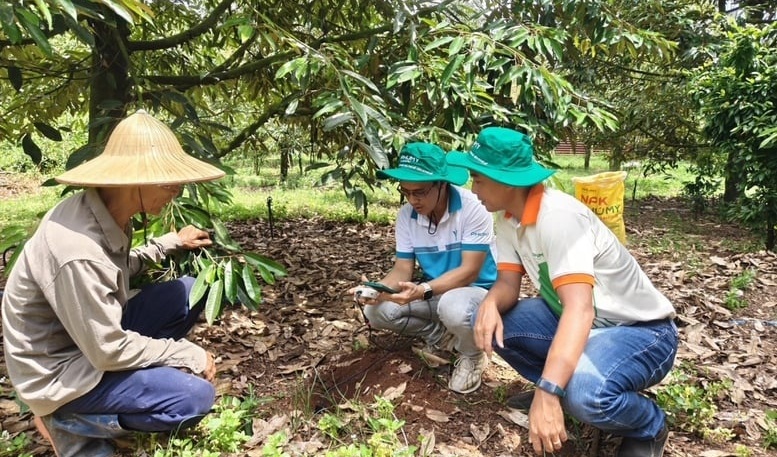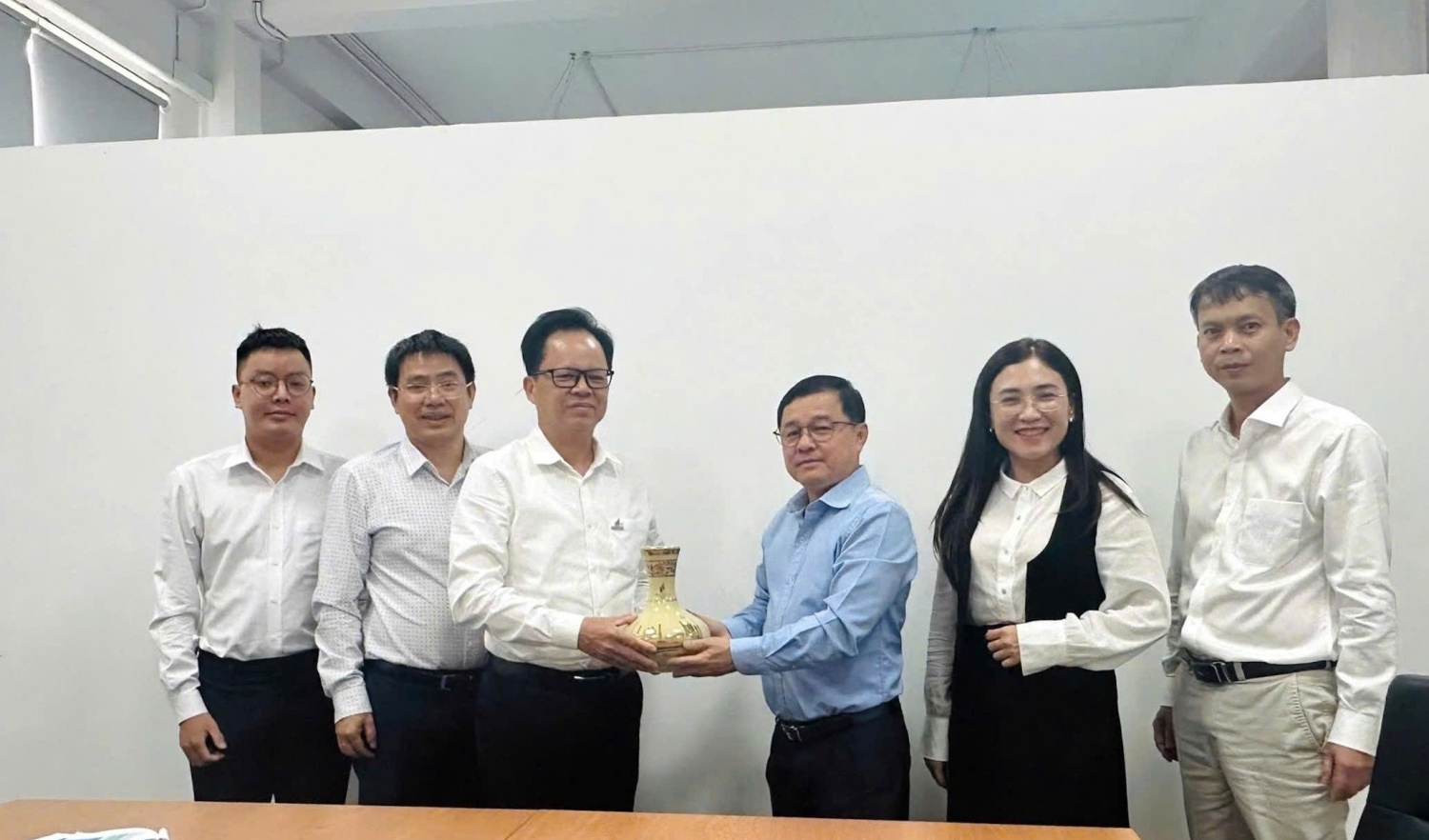BSR accelerates research progress on biodiesel fuel
The meeting was attended by Mr. Bui Ngoc Duong - Chairman of the Board of Directors of BSR, Mr. Nguyen Viet Thang - President & CEO of BSR, and Prof. Dr. Vu Thi Thu Ha - Director of the National Key Laboratory for Petrochemical Refining Technology (Key Lab) under the Vietnam Institute of Industrial Chemistry.
The Pilot BioDiesel Project is a scientific and technological cooperation between BSR and the Key Lab of the Vietnam Institute of Industrial Chemistry, titled “Joint research on technology completion and pilot-scale production of biodiesel fuel from agricultural and food processing by-products and microalgae oil.” This is a corporate-level scientific and technological mission of strategic significance in BSR’s roadmap toward developing clean fuels.
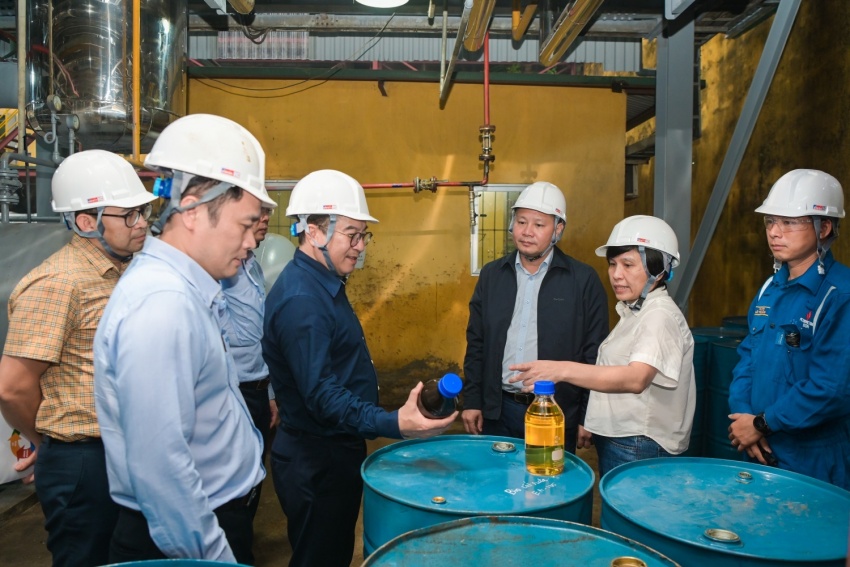 |
| BSR leaders visited the facility to review progress and promote the completion of biodiesel pilot production technology |
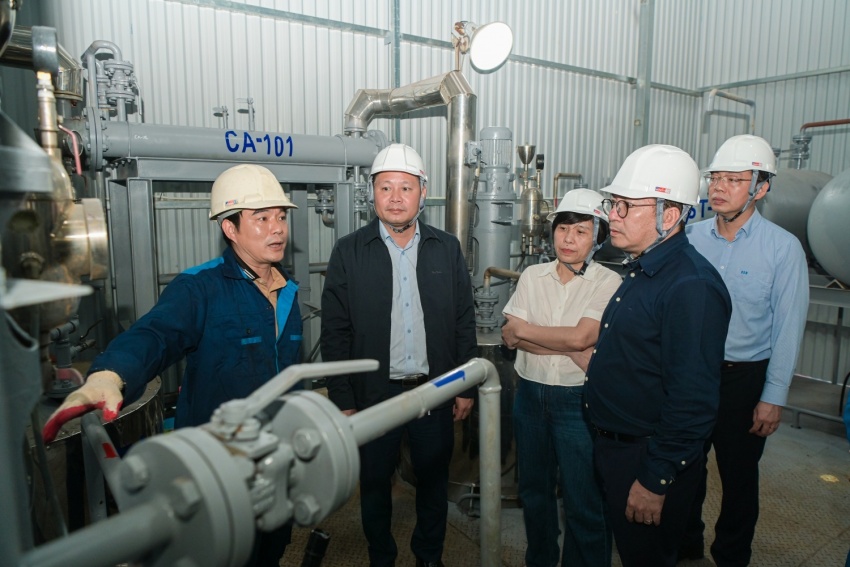 |
A Strategic Product in Science, Technology, and Innovation
Speaking about the project, Mr. Bui Ngoc Duong, Chairman of BSR’s Board of Directors, said: “This is one of BSR’s flagship science and technology products, closely aligned with our innovation agenda. In line with the Politburo’s Resolution No. 57-NQ/TW dated December 22, 2024, and Petrovietnam’s orientation on promoting innovation, besides long-term strategic R&D missions, BSR is implementing several company-level technological projects. The biodiesel project is among the key tasks this year, jointly executed with the Key Lab of the Vietnam Institute of Industrial Chemistry and BSR’s Innovation Center.
The biodiesel product, currently being developed at a semi-industrial scale, has shown highly promising initial results. We expect this project to lay an important foundation for future commercial-scale production and market introduction. Our goal is to bring to market a new generation of biofuels that meet stringent quality standards and consumer demand. This represents a meaningful achievement for BSR’s science, technology, and innovation efforts this year.”
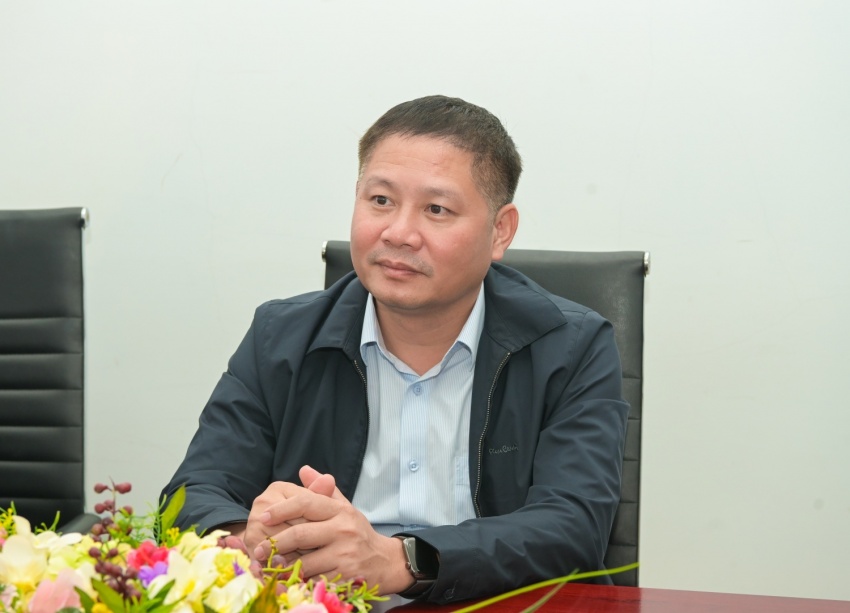 |
| Mr. Bui Ngoc Duong, Chairman of the Board of Directors of BSR, said that in implementing the Politburo’s Resolution and Petrovietnam’s orientation on promoting innovation, in addition to long-term strategic scientific and technological missions, BSR is carrying out several company-level technology projects |
Mr. Bui Ngoc Duong further emphasized that in order to commercialize science and technology products and turn innovation into tangible business outcomes, multiple synchronous solutions are needed. “Along with enterprises’ R&D efforts, supportive mechanisms and policies from government agencies play a decisive role,” he said.
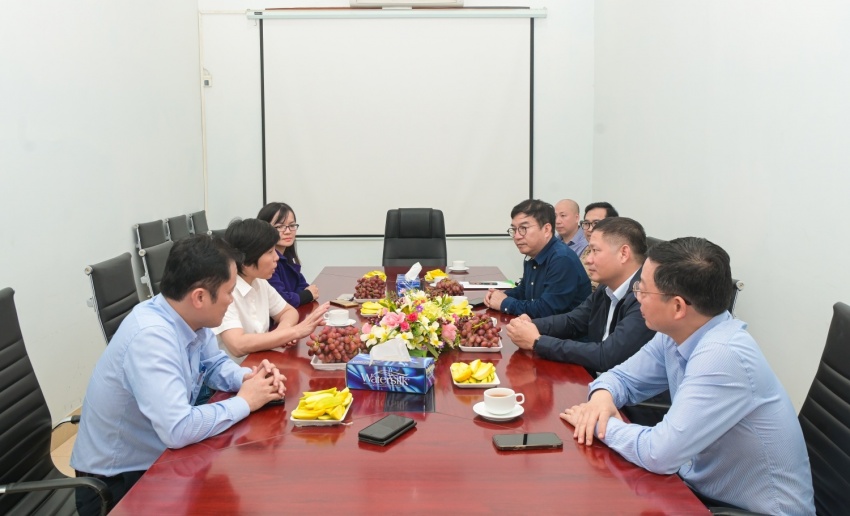 |
| The biodiesel project is one of BSR’s key tasks in 2025, jointly implemented with the Key Laboratory of the Vietnam Institute of Industrial Chemistry and BSR’s Innovation Center |
Two key directions:
First, innovation policies should align closely with the Law on Science and Technology and create favorable conditions for bringing research results into practice - from feedstock production and storage to distribution and consumption.
Second, it is necessary to encourage pioneering enterprises applying new technologies, especially in clean fuel production. Given the diversity of feedstock sources, a mechanism ensuring stable supply and pricing support would enhance competitiveness against fossil fuels. When the cost of biofuels approaches that of conventional fuels, market accessibility will increase for both producers and distributors.
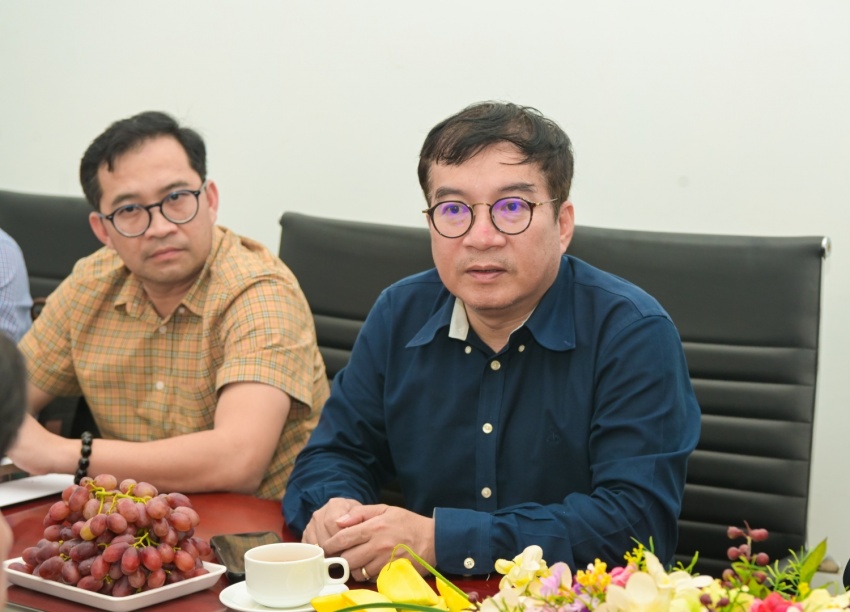 |
| Mr. Nguyen Viet Thang, President & CEO of BSR |
Mr. Bui Ngoc Duong emphasized: “While BSR is pioneering in researching and developing new products, bringing them to consumers requires the strong attention and direction of the Party and the State, especially through supportive policies for clean fuel production and consumption. This is a decisive factor.”
Pursuing a Sustainable Path with Second- and Third-Generation Feedstocks
Explaining the rationale behind developing biodiesel from agricultural by-products and microalgae, Prof. Dr. Vu Thi Thu Ha stated: “Energy transition is now an inevitable global and national trend. In biodiesel research, we apply advanced heterogeneous catalyst technology capable of operating under harsh conditions. This technology allows the use of low-grade feedstocks, significantly reducing production costs and creating a competitive advantage.”
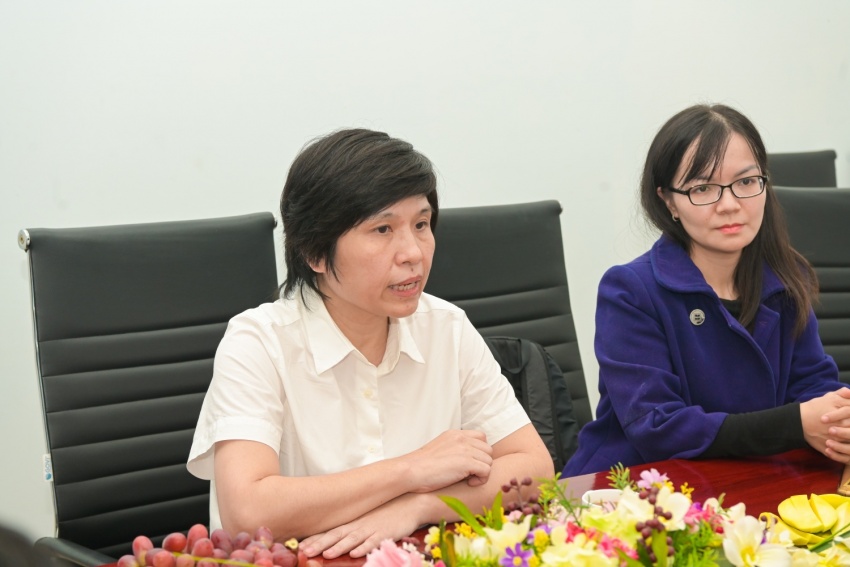 |
| Prof. Dr. Vu Thi Thu Ha affirmed that energy transition is an inevitable global and national trend |
According to Prof. Dr. Vu Thi Thu Ha, one major challenge for green energy lies in high production costs due to dispersed and difficult-to-collect raw materials. Combining second-generation feedstocks - agricultural and food processing by-products - with third-generation sources such as microalgae oil and non-edible industrial crops helps create a sustainable, environmentally friendly green feedstock base.
“Our technology can process low-quality raw materials that many traditional processes cannot, paving the way for a sustainable, more competitive biodiesel production approach,” she emphasized.
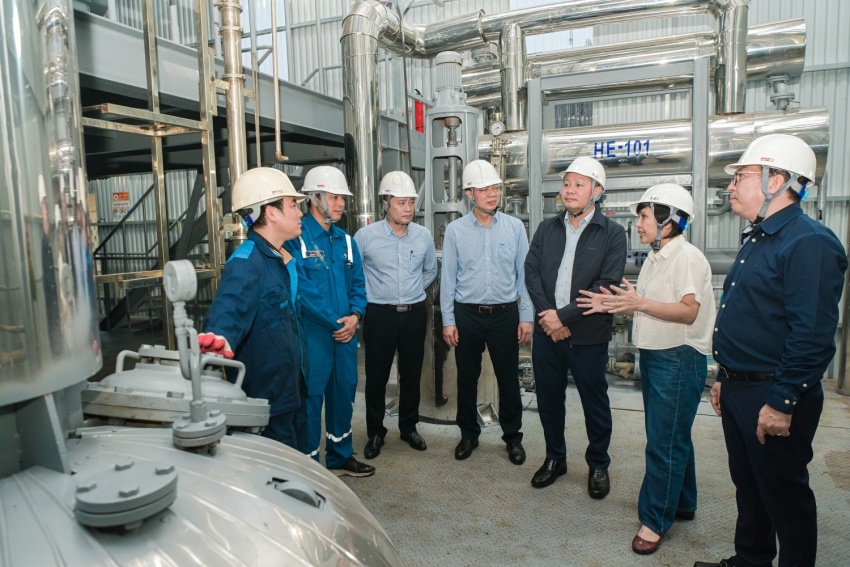 |
| BSR’s direct engagement in reviewing and expediting the completion of pilot-scale biodiesel production technology demonstrates the Company’s strong commitment to translating research into practical implementation |
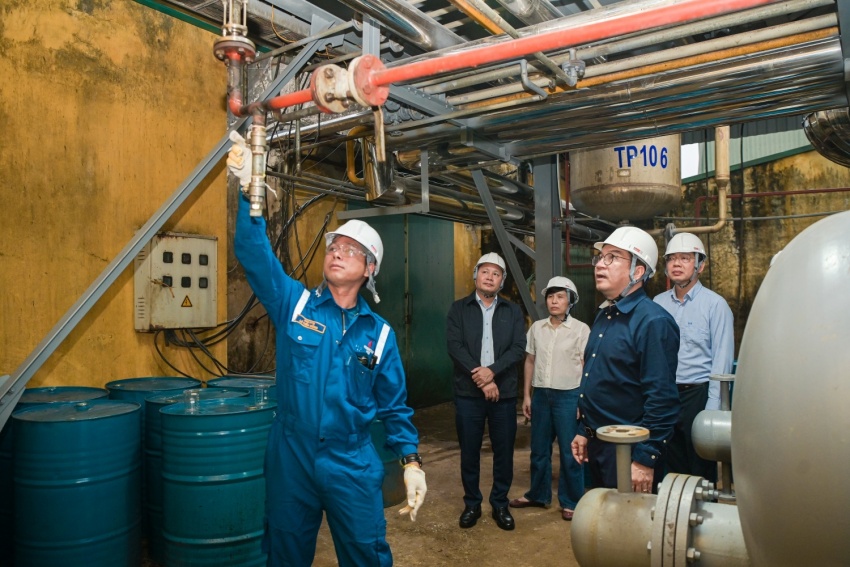 |
| BSR is striving to shorten the “laboratory–plant–market” gap-one of the greatest challenges facing scientific and technological projects in Vietnam |
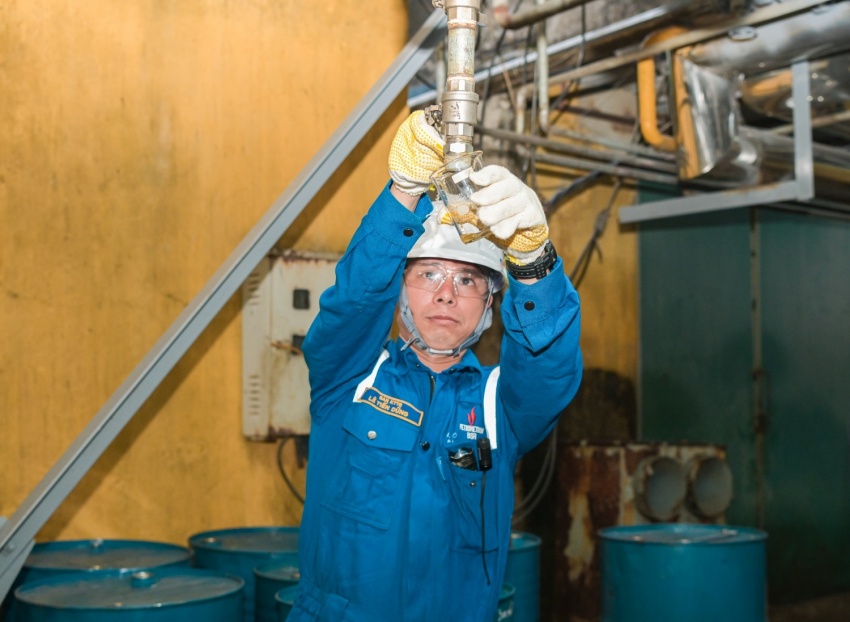 |
BSR


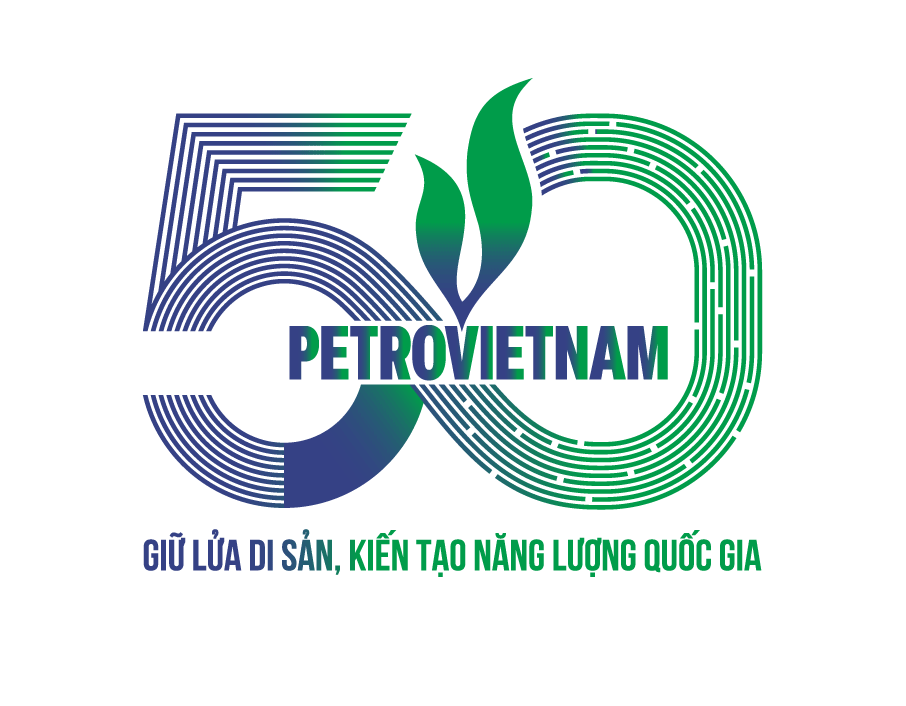
![[VIDEO] BSR đẩy nhanh tiến độ nghiên cứu nhiên liệu dầu diesel sinh học](https://cdn.petrotimes.vn/stores/news_dataimages/2025/112025/10/09/croped/dsc-43732025110722054620251110093031.jpg?251110102751)









